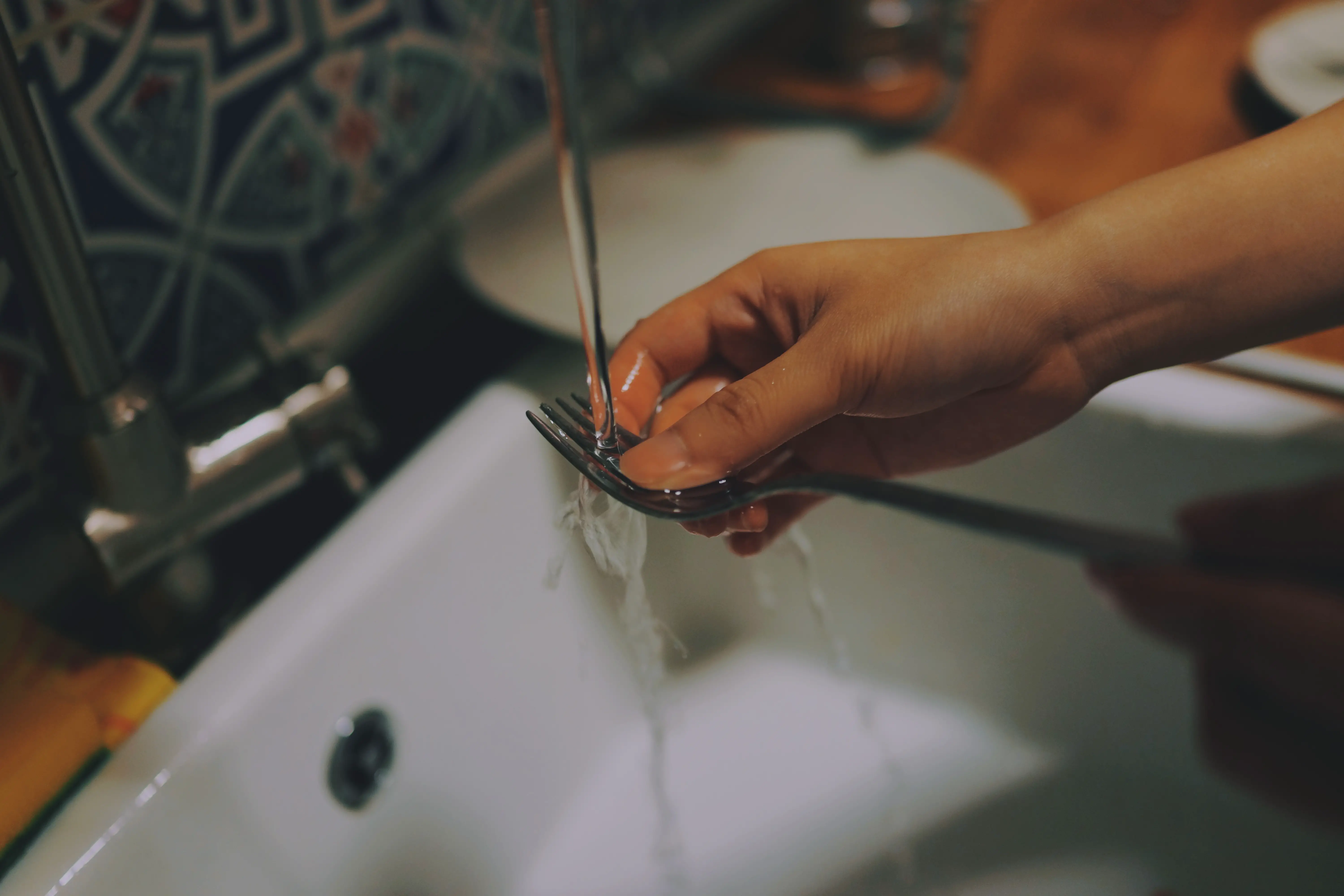
Cleaning your home can be hazardous to your health. There are so many ingredients in common household cleaning products that are highly toxic, that you need to be really careful with safety precautions. Most people, however, hardly even use rubber gloves while cleaning, much less don a safety mask, or open windows and doors for ventilation. Since cleaning can’t be avoided, lest you are content with living in filth, it may be best to acquaint yourselves with ways to clean your home that won’t harm you or the environment.
Green-washing scams
Before you rush off to the grocery store to bag any cleaning product with “natural” or “non-toxic” written on the label, there’s something you need to know about toxicity. Almost anything can be toxic or hazardous in the right dose. What you need is the cleaning product that is most effective in a small dose, and also least toxic in that dose. Don’t fall victim to a green-washing scam just because the label is leading you to believe a falsehood. Remember that cyanide, for example, is natural, and guaranteed to kill you, therefore “natural” does not imply that something is safe.
Bleach and ammonia
Bleach is one of the most common cleaning agents, and many products contain some form of bleach. Chlorine bleach can be pretty dangerous, though, especially when combined with other cleaning products, such as ammonia. You can replace the chlorine bleach with hydrogen peroxide, or some other chlorine-free bleach. You can even use vinegar, which will work as effectively as a chlorine bleach on things like mold. If you’re not sure what’s in your cleaning product, make sure not to mix it with another product, and make sure you have plenty of ventilation.
Homemade and non-toxic solutions
We tend to use cleaning products because we believe it makes cleaning quicker and easier. But there are cases where you can find a more efficient alternative, which doesn’t require a cleaning product at all. Microfiber cloths and static-electricity dusters, for instance, work very well for wiping away dust, without the need for a dusting spray.
There are cases where you will want to use a cleaning solution, and there you can consider making your own. Instead of buying a window cleaning spray, you can make your own with vinegar and warm water. Mix a quarter cup of white distilled vinegar with four cups of warm water, and pour into a spray bottle. Spray it onto windows, mirrors, and shower doors, and wipe it clean with a sheet of newspaper, for a sparkling, streak-free shine. In fact, it does a great job of cleaning almost everywhere in the house.
For tougher cleaning jobs, you can use baking soda and a bit of liquid soap, instead of ammonia, to clean kitchen and bathroom surfaces. If you need something with a bit more kick, use borax. You can also use borax as a toilet cleaner by leaving a cup of it in a toilet bowl overnight and scrubbing the toilet in the morning. Just be aware that borax is toxic in high doses, but it’s safer than ammonia or chlorine-based bleach.
About the Contributor
This article is a contribution made by Apex Window Werks, a company that specializes in wooden window and door repair. Its headquarters is located in Chicago (IL). AWW got A+ rating by the BBB, it is listed in the Angie’s List and has lots of positive feedback from satisfied clients. Visit their website for more details.










